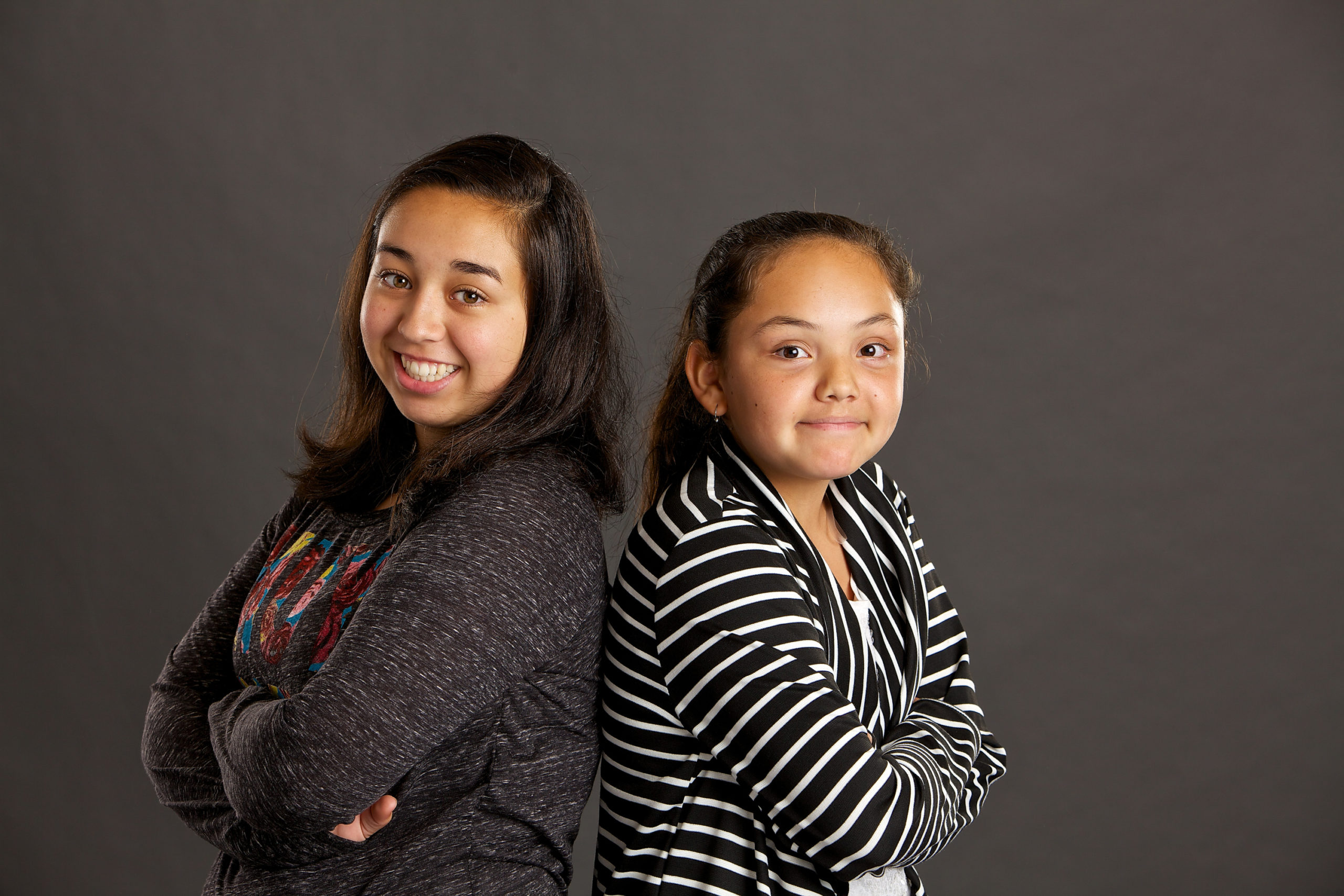Your self-esteem is the way you look at, or perceive, yourself. If you have healthy self-esteem, it means that you like yourself and you believe that you are just as cool as everyone else. If you have low self-esteem, it means that you believe that you’re inferior to others. People who have low self-esteem tend to focus on their shortcomings and ignore their strengths and achievements.
For many of us, building positive self-esteem is a constant journey. Sometimes, it can be hard to feel good about ourselves, especially when we compare ourselves to our friends, family members, or people on TV, social media, and in the movies. To build your self-esteem try the following tips:
Speak kindly to yourself
Think about how you talk to your good friends. Are you encouraging when they’re struggling? Do you support them when they talk about their true feelings? Do you use a kind tone? To build self-esteem, try talking to yourself like you would a friend. For example, rather than saying to yourself, “I’m a failure.” try saying, “That was hard. It’s ok to feel upset.” Treat yourself with self-compassion.
Pay attention when you’re judging yourself or others
People are naturally judgy, and often we jump to the simplest explanations, which many times aren’t true. When you notice yourself judging yourself or others, get curious. Ask yourself:
“What could be another explanation?”
“Am I seeing the whole picture?”
“Is there anything else going on [in my life or the other person’s life] that might cause that reaction?”
When we approach situations with curiosity, we are practicing growing empathy for ourselves and others.
Learn what you stand for
When we know our values, or what we stand for, it is easier to find purpose and meaning in our lives. Our values describe how we want to behave. For example, when we think about what it takes to be a good friend, we might value: kindness, compassion, independence, or authenticity. When we start living by our values, even if it is in small ways, we start to feel a deeper connection to ourselves.
Practice being brave
Courage does not mean never being afraid when you are trying something new or doing something hard. True bravery is acknowledging that you are scared or nervous about doing something but doing it anyway because it is important to you. To start building your courage, try assigning yourself small courage challenges. For example, maybe you feel afraid to raise your hand in class because you don’t want to get the answer wrong. Practice being afraid but raising your hand anyway! By practicing bravery every day, little-by-little you may find yourself having more courage to take on the things that seemed unattainable before.
Accept failure
Failure is part of living a full and meaningful life. Most of the people we respect have failed at something big during their lifetimes. If you have courage and try new things, at some point, you too will fail. Learning to fail and being able to reflect on what you learned from failing, helps you grow and build the confidence that you can cope when things are difficult or don’t go your way. Building our self-esteem isn’t always easy, but it is definitely rewarding! And part of the “tough” part of learning to build your self-esteem is accepting that failure is a part of life. We can get knocked down 11 times, but if we get up 12 times we can continue to learn and grow.
Avoid labeling yourself and comparing yourself to others
When you don’t reach a goal or perform as well as you hoped, it’s easy to label yourself as “bad” in some way. Watch the words you say to yourself. They could brainwash you. Every one of us has faults and weaknesses—this is just part of being human. The key to good self-esteem is to feel good about yourself even when you’re not perfect.
Also, try to avoid comparing yourself to others. The reality is that people have different strengths and weaknesses. Focus on your strengths, have realistic expectations of the things that you can change, and avoid comparing yourself to others.
Additional Resources:
- Values are your heart’s deepest desires for how you want to behave as a human being. Consider your values with this resource
- Learn to Cultivate Your Self-love
- Check out reachout.org’s tips for improving your self-esteem
- Learn about how trauma can impact your self-esteem and how to heal from trauma


